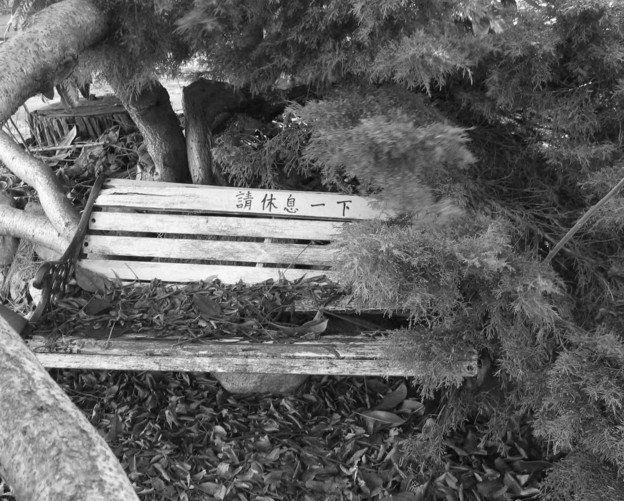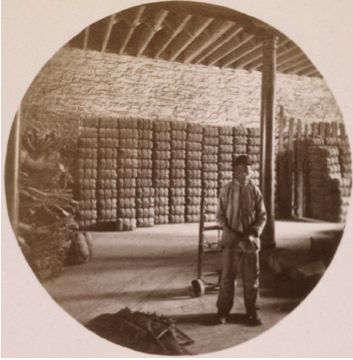Foraging

Rita Wong’s work is a complex endeavour to understand the ecology of the animals of language, not to settle their moving limbs and establish control, but rather to be animal with their living existence and breathe with their breaths. Living on Coast Salish land (also known as Vancouver), her work gestures, dares to understand the culture and challenges of the land, strives to be citizen, responsive and responsible.
 the gap between the crying line & electric speech
the gap between the crying line & electric speech
is the urbanization of the mouth
round peasant dialect vowels relocate
off the fields into city streets
where sound gets clipped
like our ability to smell the wet earth
sound becomes wound
we look away from toisan ache
(from “language (in)habits” in forage)
 forage forages in the scraps and heaps of a world we actively heap each day into scraps. Composed within the margins of other thinkers, populated with images, contextualized and inscribed with Chinese, forage might ask how can we scrape so that we can forge anew? Wild for provisions, can we provide and not leave a scrapped heap in our wake? Can we wake? Global and local, can we respond responsively? Can we respond responsibly? Can we unbyzantine the byzantine? Can we be “ruminant and luminous”? Can we bear the “unbearable waste” and make a language that is not wasteful? Find our bearings, bare our haste. And who are we?
forage forages in the scraps and heaps of a world we actively heap each day into scraps. Composed within the margins of other thinkers, populated with images, contextualized and inscribed with Chinese, forage might ask how can we scrape so that we can forge anew? Wild for provisions, can we provide and not leave a scrapped heap in our wake? Can we wake? Global and local, can we respond responsively? Can we respond responsibly? Can we unbyzantine the byzantine? Can we be “ruminant and luminous”? Can we bear the “unbearable waste” and make a language that is not wasteful? Find our bearings, bare our haste. And who are we?
This question of “we”, which is also a question of “i” is also taken up in Wong’s collaborative work, sybil unrest, composed with the vigorous Vancouver writer and thinker Larissa Lai. In their unstable subjectivities, the “i’s” behave their multiplicities of gender, race, class, movement, geography, culture.
Rita Wong has written three books of poetry, sybil unrest (co-written with Larissa Lai, Line Books, 2008), forage (Nightwood, 2007) and monkeypuzzle (Press Gang, 1998). Her work investigates the relationships between contemporary poetics, social justice, ecology, and decolonization. She teaches at the Emily Carr University of Art + Design in Vancouver.
Folding Borders: Experimenting in the Canadian Laboratory